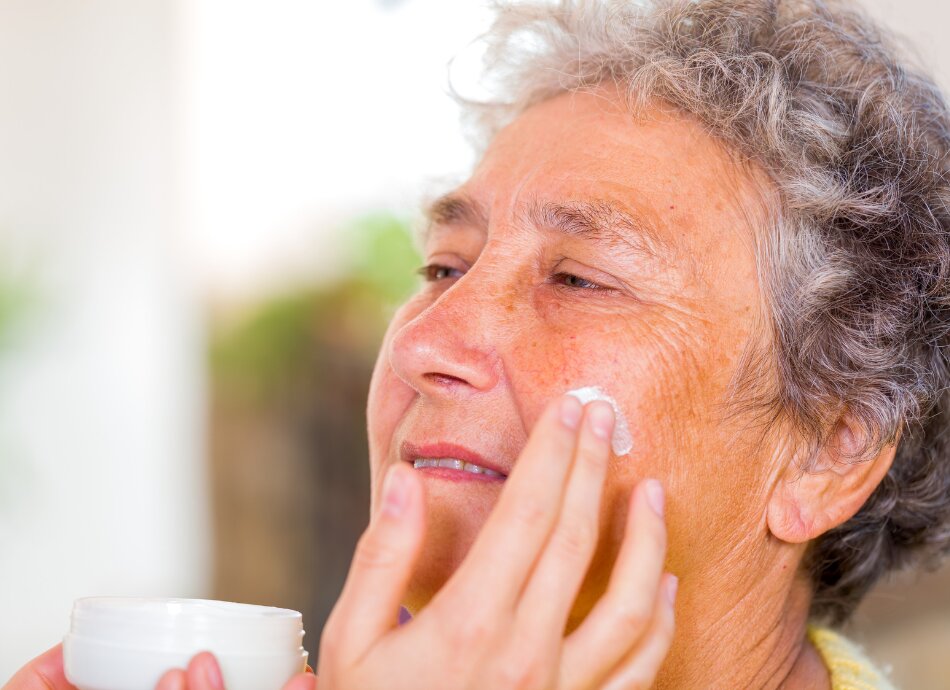Itchiness is a sensation on your skin that makes you want to scratch or rub the area. The feeling of the itch is very unpleasant and uncomfortable. You can feel the sensation of itching in one area of your body or your whole body, depending on what is causing your itchiness.
In severe cases, itching can cause sleep disturbance, anxiety and depression.






